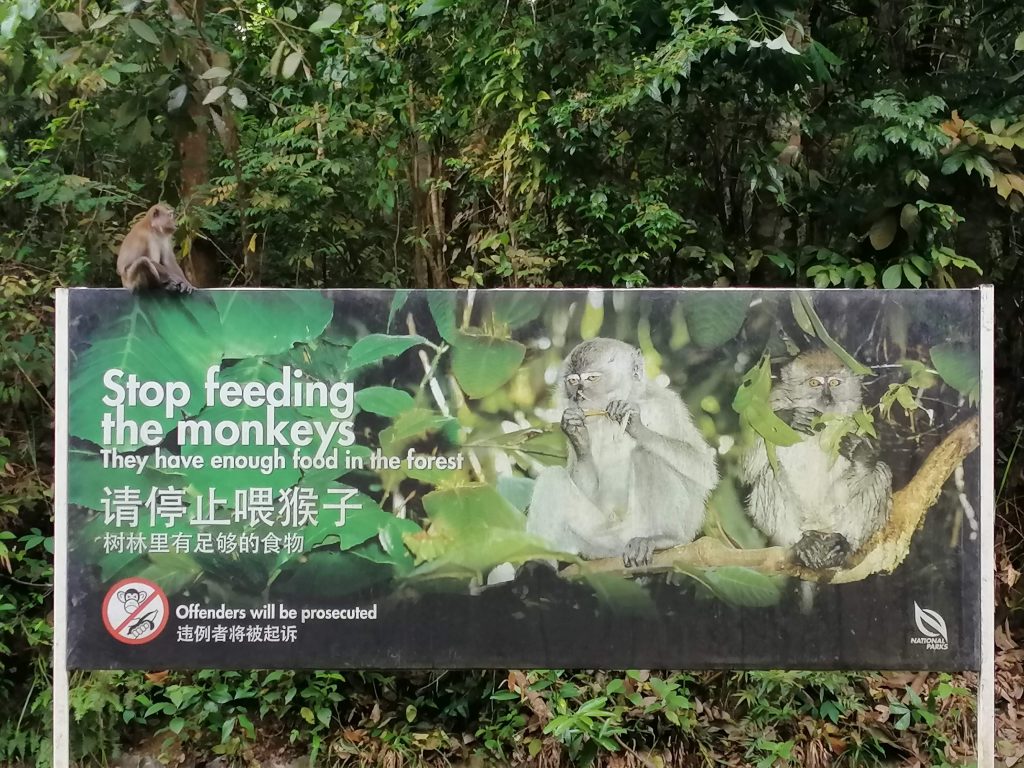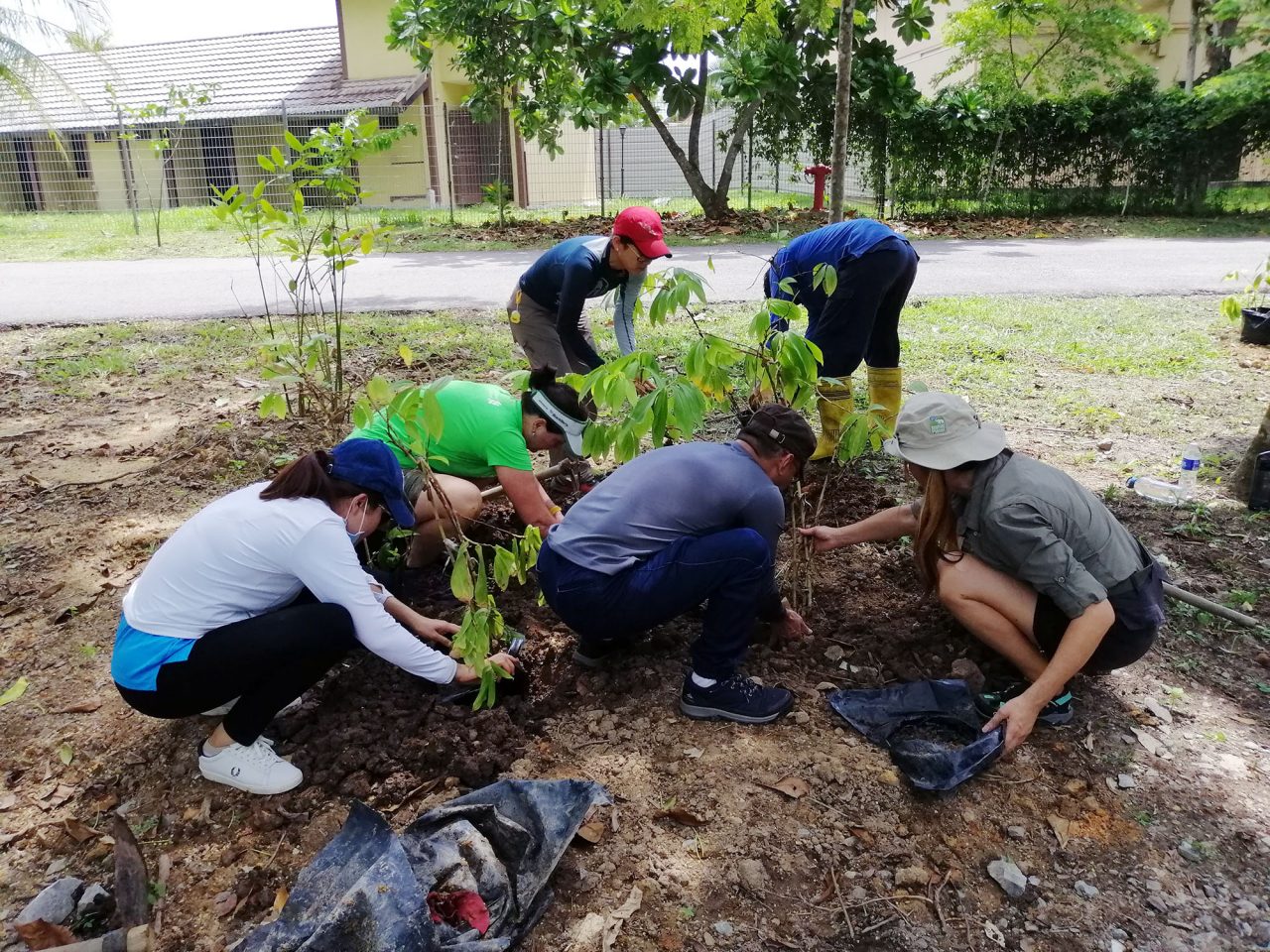[Featured photo: Tree planting for habitat enhancement on Pulau Ubin.]
act now
There is no time to waste! What we do now and in the coming decade will have a profound impact on our future. But it is not too late to save our planet and ourselves.
Join us and the rest of Singapore on our journey towards a more sustainable society for ourselves, our children and for wildlife. Make changes towards the way you live today – take steps to reduce your carbon footprint.
act now: love and protect nature

- Protect our last-remaining precious biodiversity and wild habitats. Keep our green heart beating! Love our Macritchie Forest (LOMF)
- Treat all animals respectfully and live in harmony with our wildlife. Do not keep illegal wildlife as pets. Learn to appreciate native biodiversity and strive towards a progressive society where humans coexist with wildlife. Do not feed our wildlife such as monkeys, wild pigs, otters and birds.
- Found an injured wild animal or one that needs rescue? Please call ACRES at 97837782. Animal Concerns Research and Education Society (ACRES)
- Make a difference for wildlife. Do not buy or consume endangered products such as shark’s fin, ivory, marine turtle shells. Use eco-friendly products such as natural insect repellent when going outdoors.
act now: sustainable living
lifestyle
- BYO: Say no to plastics and disposables. Always bring your own reusable bag, cups, bottles and reusable cutlery. Avoid single-use utensils, disposable chopsticks and plastic straws. Singapore uses over 2.2 million straws each day, according to a 2018 report.
- Singaporeans love to “dabao”: Bring your own containers for takeaways and say no to styrofoam packaging.
- Buy in bulk with less packaging: opt for fruits, vegetables and groceries that do not come in plastic packaging.
- Choose eco-friendly products: Select biodegradeable products with green labels, made with sustainable materials and avoid palm oil.
- Eat plant-based food and consume less or no meat. A UN FAO 2006 report found that animal products have contributed more to climate change than all of the world’s modes of transport combined. Vegetarian Society (Singapore)
household
- Buy less, waste less. Reduce consumption and wastage of food, water and electricity. Towards Zero Waste (MEWR) | Save Water (PUB) | Sustainable Singapore Movement (MEWR) | Waste Less, Save More (NEA)
- Reduce environmental pollution. Sort your waste, bin your litter and keep Singapore clean. Keep Singapore Clean (NEA) | Clean & Green Singapore (NEA)
- Switch off! Singapore was named the country with the worst level of light pollution in the world – with a pollution level of 100 percent in a recently published Science Advances study. Cutting down unnecessary light saves us electricity – and money!

